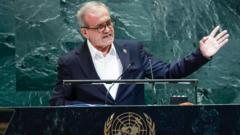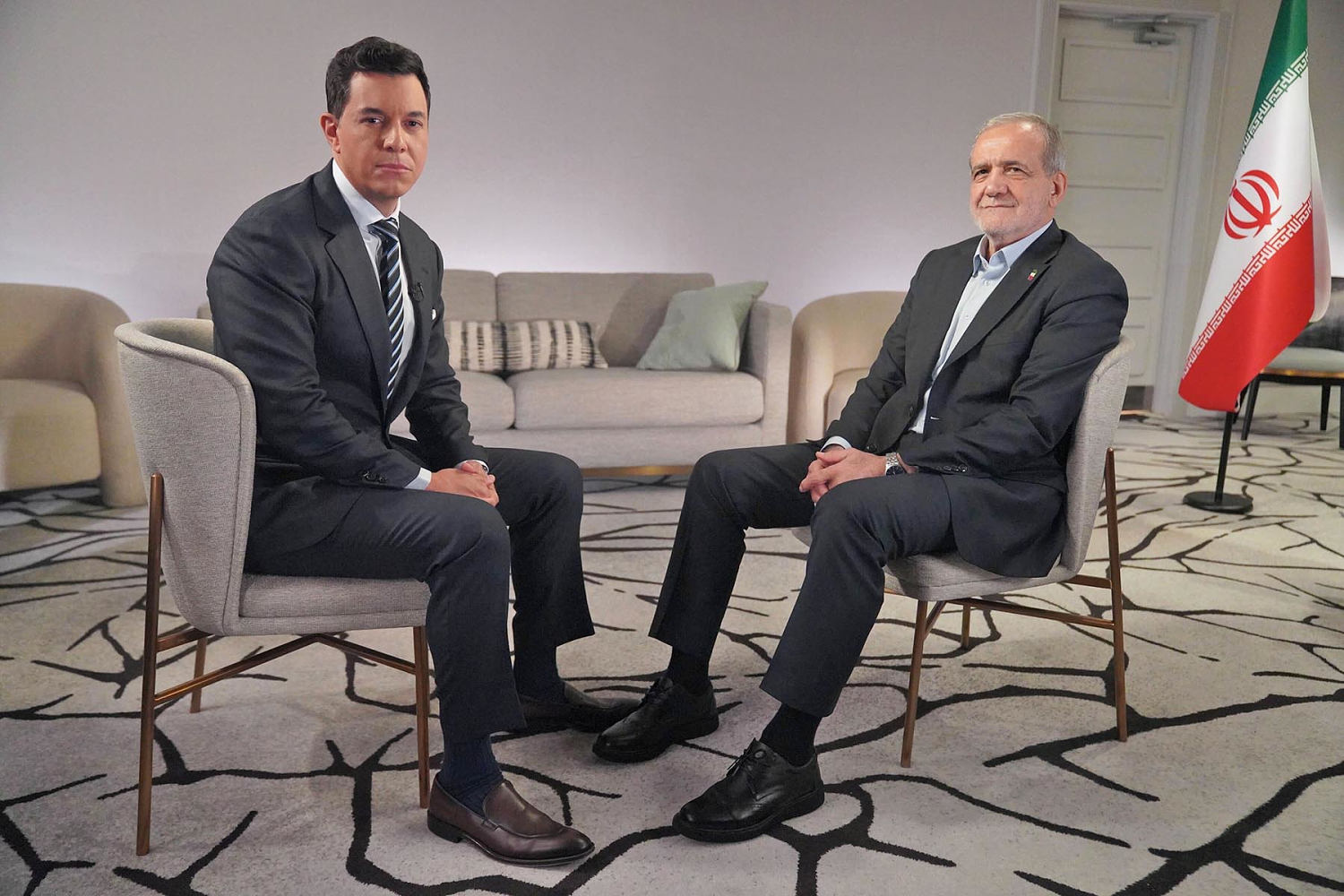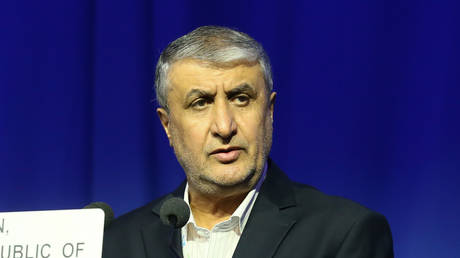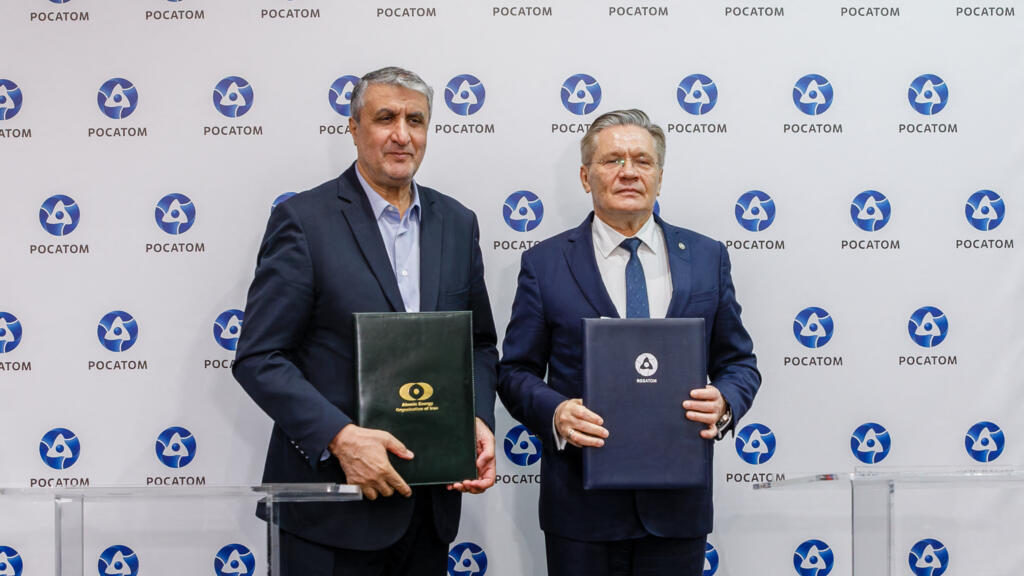Iranian president says women have a right to choose about the hijab
PositiveWorld Affairs
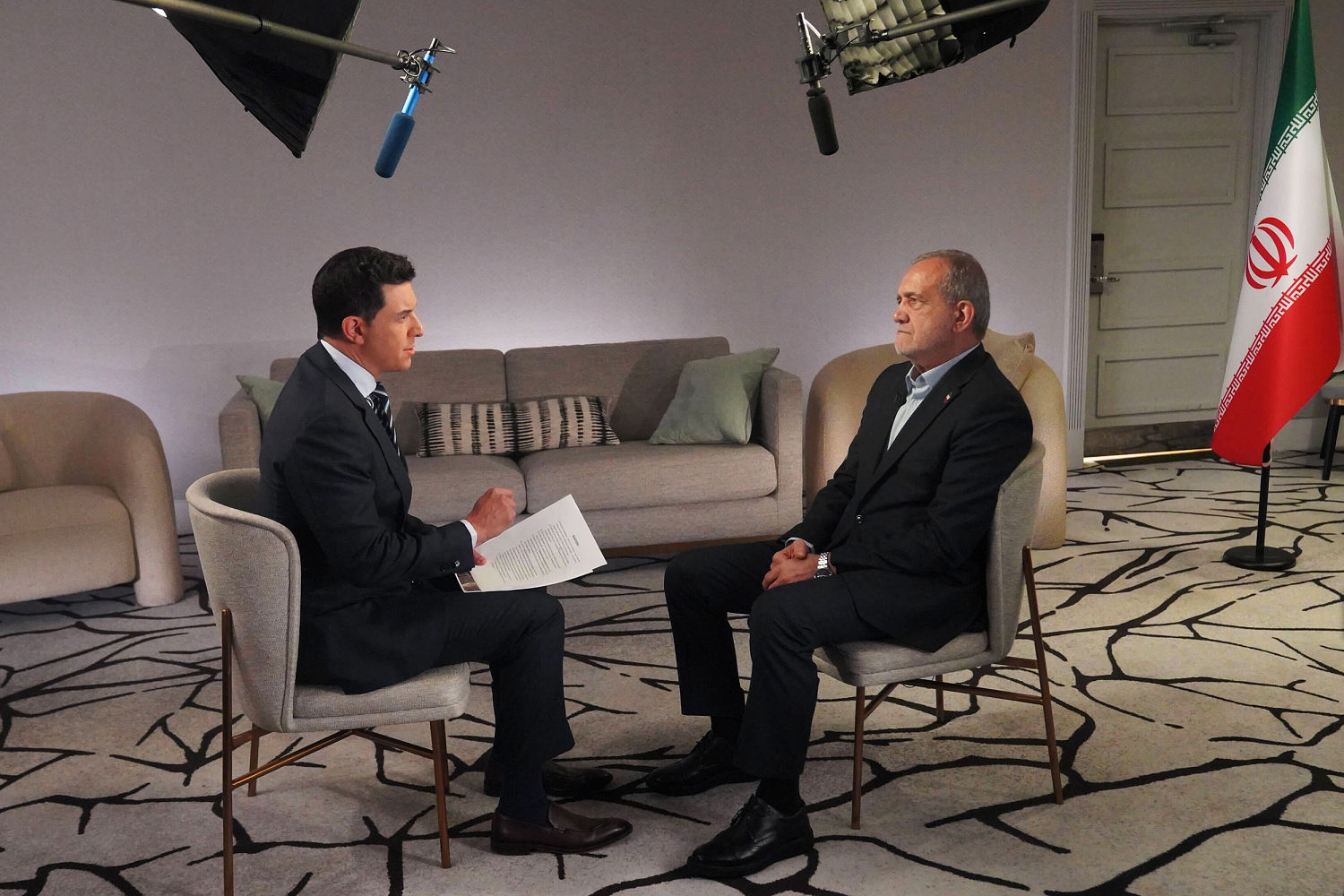
Iranian President Masoud Pezeshkian has made a significant statement advocating for women's rights to choose whether to wear the hijab, challenging hard-line factions within the Islamic Republic. His remarks come in the wake of the tragic death of Mahsa Amini, which sparked widespread protests against the government's oppressive policies. This stance is crucial as it highlights a growing movement for personal freedoms in Iran, resonating with many who seek change in the country's treatment of women.
— Curated by the World Pulse Now AI Editorial System
